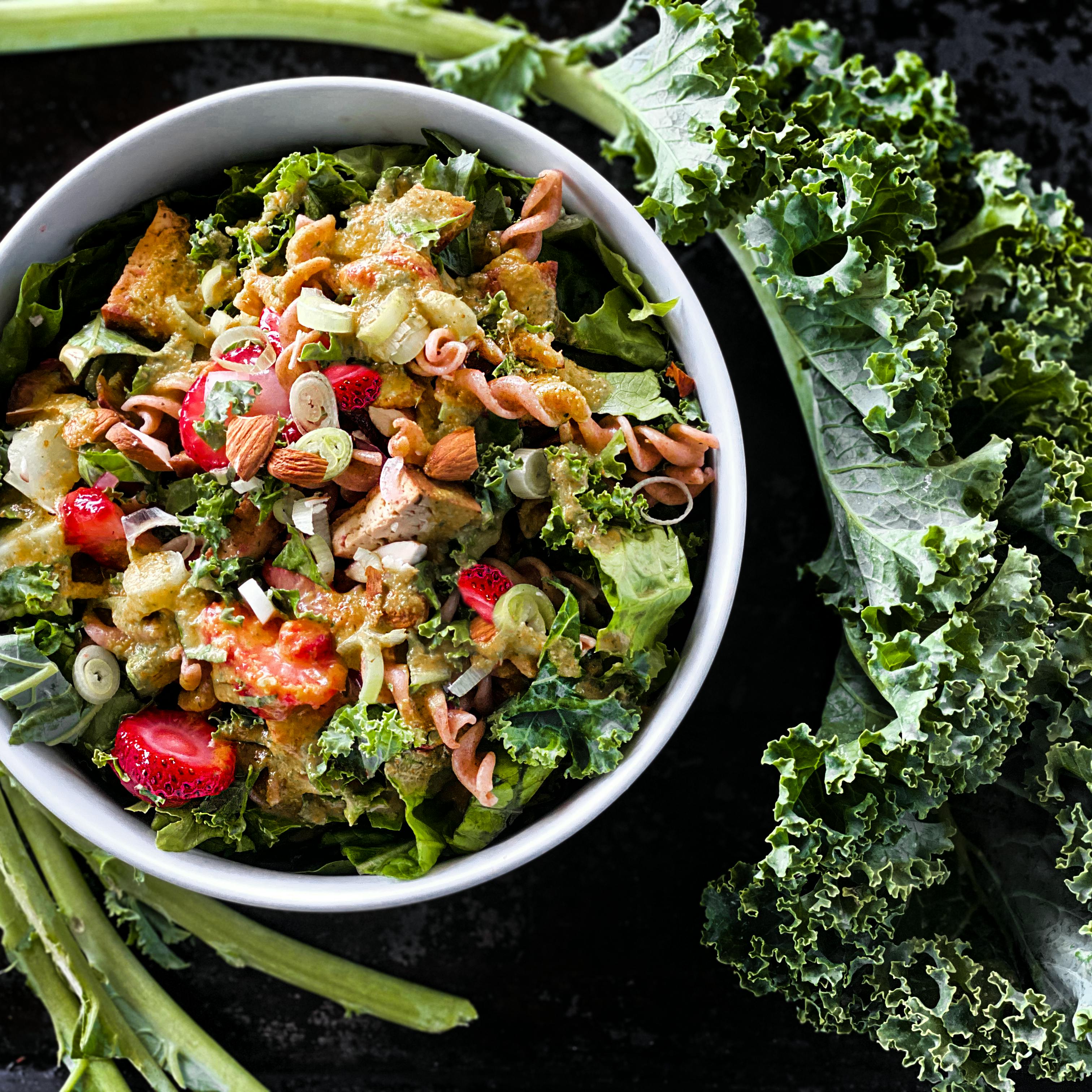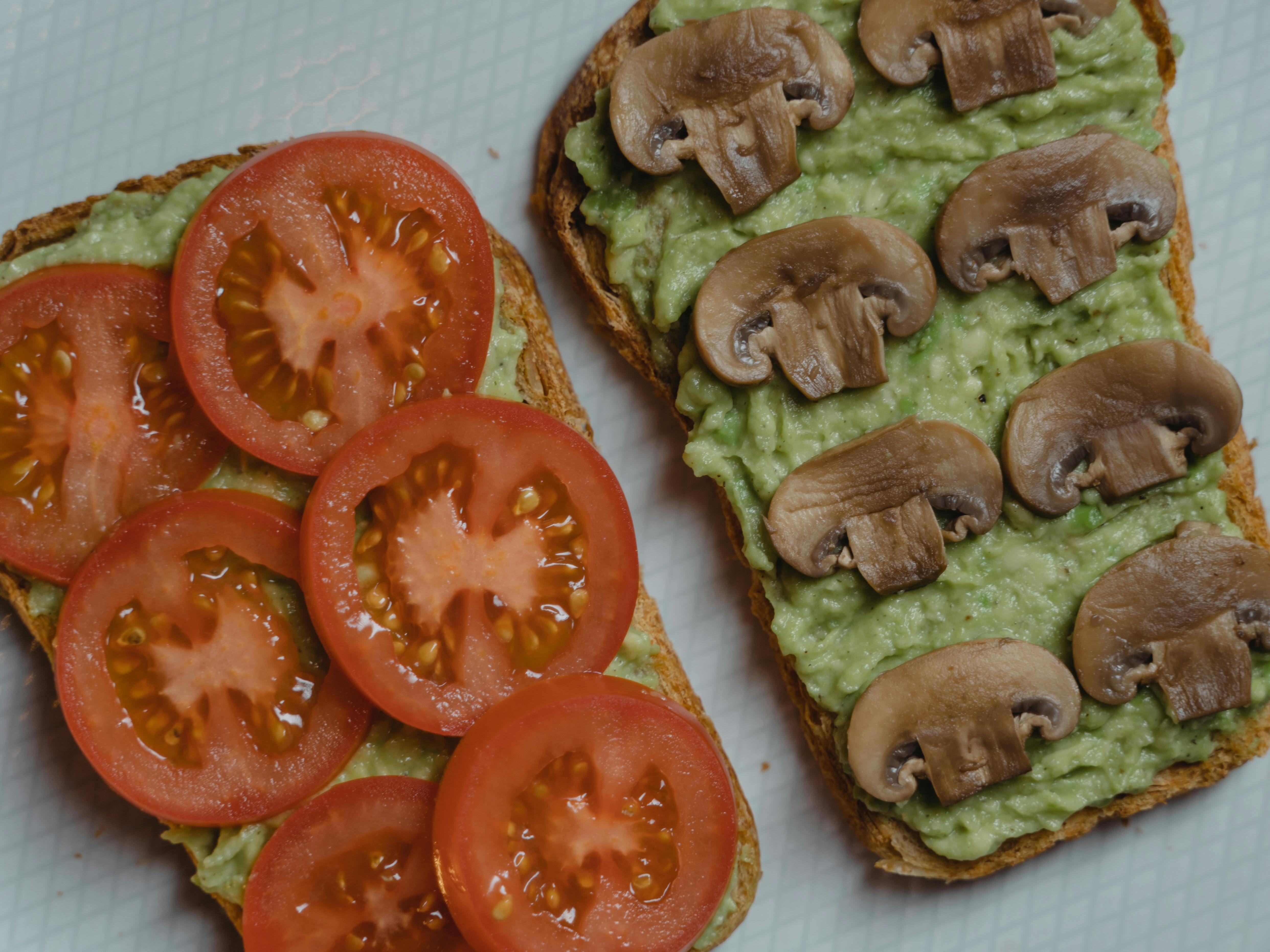How to lose weight naturally
In order to lose weight naturally, one must be aware of the various methods and exercises that are available to them. When starting out, it is important to set realistic goals and to be patient while working towards them. There are a variety of ways to lose weight, so it is important to find the one that works best for you. Below are some of the ways which help in losing weight naturally and healthy way.
1. Avoid
processed foods
Processed foods have been stripped of their
nutrients. Many people consume these types of food due to convenience. Since
they don’t know how to cook their own meals, they turn to fast-food restaurants
and junk food. These types of foods are high in sodium, sugar, and trans fats.
When people eat these kinds of food regularly, they tend to gain weight over
time. To avoid these negative effects, try making healthier choices while
grocery shopping. Instead of buying packaged snacks, make sure to buy fresh fruit
and vegetables instead. If you need something to munch on between meals, opt
for almonds instead of chips.
2. Eat breakfast
Most experts agree that consuming breakfast is
extremely beneficial to weight loss. People who ate breakfast were less likely
to engage in unhealthy habits such as snacking throughout the day. They also
had increased energy levels compared to those who skipped breakfast. Studies
show that skipping breakfast results in lower energy intake later in the day.
In addition, eating a balanced diet at meal times helps control calorie intake.
A good way
to start your morning is by choosing a small portion of protein and whole-grain
cereal. You may want to add some berries for added flavor and vitamins.
3. Drink plenty of water
Drinking enough water is paramount to maintaining a healthy body. It is recommended drinking of 8 glasses of water per day. Water helps flush out toxins from our cells, thus reducing bloating and swelling. It also boosts the immune system, flushes stagnant fluids from the kidneys, increases muscle mass, and maintains skin elasticity. Make sure to drink filtered water rather than regular tap water.
Try using a
pitcher filter to reduce chlorine and fluoride, both of which could cause
stomach discomfort.
4. Exercise daily
5. Reduce emotional eating
Emotional eating tends to occur when we feel
stressed or anxious about certain situations. We often crave comfort foods like
ice cream, chocolate, pizza, and potato chips. Unfortunately, these foods have
little nutritional value and cause us to gain weight. If you find yourself
feeling anxious, seek out ways to relax and distract yourself. Focus on breathing
deeply and counting backward from 10. Engaging in any activity that takes your
mind off your worries can help relieve your feelings of stress.
6. Eat dark leafy greens
Dark leafy greens are a great source of iron, fiber,
folate, vitamin C, and B vitamins. Green is the color of nature and provides
natural antioxidants which fight free radicals. This means they protect the DNA
inside each cell by neutralizing harmful substances called reactive oxygen
species (ROS). ROS damage healthy cells in the body, causing inflammation and
aging. Antioxidants play an important role in keeping the body young and
disease-free; therefore, you should strive to get your fill of them every day.
Include spinach, kale, collards, chard, mustard greens, arugula, and parsley in
your diet.
7. Eatfewer calories than your body burns.
8. Avoid diet pills.
There's no magic
pill that makes people lose weight without changing their lifestyle. Many
over-the-counter weight loss supplements contain ingredients that are harmful
to our liver and kidneys and could lead to serious conditions like kidney
failure. Stick to natural remedies for weight loss instead.
9. Reduce portion sizes.
Studies show that when we overeat, we tend to eat more
calories later on in the day. Since lunchtime is often considered the biggest
meal of the day, it's best to stick to smaller portions when possible.
10. Cut out fatty foods.
Don't get rid of fats completely. Instead, reduce the
number of saturated fats in your diet. Saturated fats will raise cholesterol
levels, which increases the risk of heart disease and stroke. Trans fats are
even worse since they're linked to increased bad LDL cholesterol.
11. Increase fiber.
High-fiber foods
take longer for your stomach to digest than highly processed grains and refined
carbs. When you eat less and slower, you won't be hungry again until 2 hours
after you finish eating. Fibre also keeps you feeling full longer, making you
less likely to reach for high-calorie snacks later in the day.
12. Exhaust yourself.
Try working harder than usual at the gym. Push yourself to
exhaustion 4 times per week. Most people can only last 20 minutes, but you
might be able to go half an hour or more!
13. Find pleasure in activities.
Whether it's reading, swimming, dancing, gardening, or something else, find
ways to enjoy yourself. These activities give you positive rewards and make you
happy, which reduces the urge to snack.
12. Take time to relax.
Be sure to get
adequate sleep for about 7.5-8 hours each night. And if you have trouble
sleeping, try taking melatonin.
13. Remember: You can't outrun a bad diet. Even if you go to extreme measures to lose weight, you'll still fail unless you change your lifestyle.
x








Post a Comment